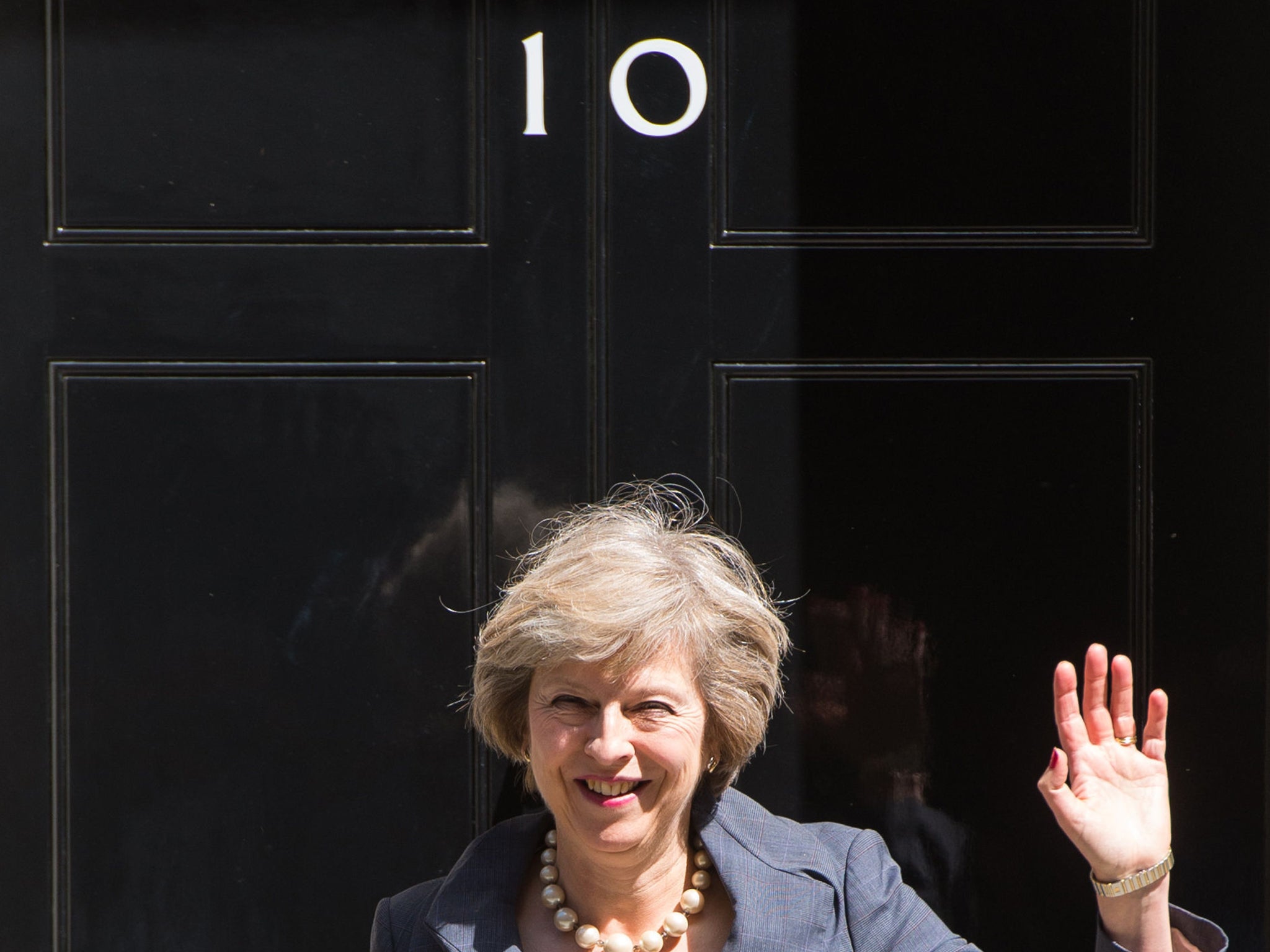Theresa May reconfirms pledge to carry out Brexit in first phone calls with foreign leaders
New prime minister will respect the will of the British people and take Britain out of the EU

Theresa May has reconfirmed her intention to honour the decision to leave the EU by the British public in her first phone conservation with world leaders.
A Downing Street spokesman confirmed to the BBC that Ms May had several phone conversations with European leaders where she pledged to establish a "constructive relationship" with her neighbours.
In a call to German Chancellor Angela Merkel, the pair agreed to establish a "constructive relationship, recognising the importance of close co-operation".
When speaking to French President Francois Hollande, she discussed the importance of their bilateral relationship - particularly on security, defence and border controls.
French politicians have suggested it is considering revoking or renegotiating the decade-old Le Touquet treaty between the two countries which allows for British border guards to be stationed on the French side of the channel to prevent asylum seekers and illegal immigrants stowing away on ferries and lorries.
Although the agreement is separate to EU freedom of movement rules, French presidential frontrunner Alain Juppé has suggested moving the border "back where it belongs" after the British voted to leave the EU.
France has grown increasingly frustrated by the large refugee camps which have sprung up in Calais and Dunkirk over the past two years as desperate refugees from Syria and Iraq arrive and try to get to the UK.

The French government said it has no plans to change the treaty so far but Britain's former ambassador to France, Sir Peter Ricketts, has warned this position will not last for ever.
Mr Hollande also urged Ms May to begin the Brexit negotiations as soon as possible.
Ms May also spoke to the Irish Taoiseach, Enda Kelly, and they agreed that collaboration between their countries should continue. Mr Kelly is believed to have offered to visit London soon to discuss the future of its border with Northern Ireland.
Northern Ireland, which voted to Remain, is the only part of the UK which shares a land border with the EU could potentially see the collapse of the Good Friday Agreement if the UK loses freedom of movement and sees a return to border controls.
In her speech outside No 10 this afternoon, Ms May pledged to maintain the "precious bonds" between England, Wales, Scotland and Northern Ireland.
In her speech declaring her intention to stand as leader of the party, Ms May said "Brexit means Brexit" in a bid to quell the disquiet of many party members who were unsure about electing a leader who backed the Remain campaign.
Join our commenting forum
Join thought-provoking conversations, follow other Independent readers and see their replies
Comments
Bookmark popover
Removed from bookmarks